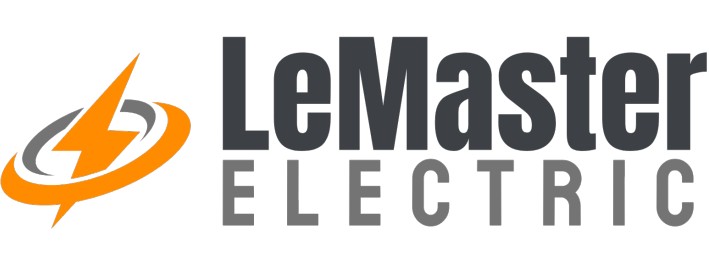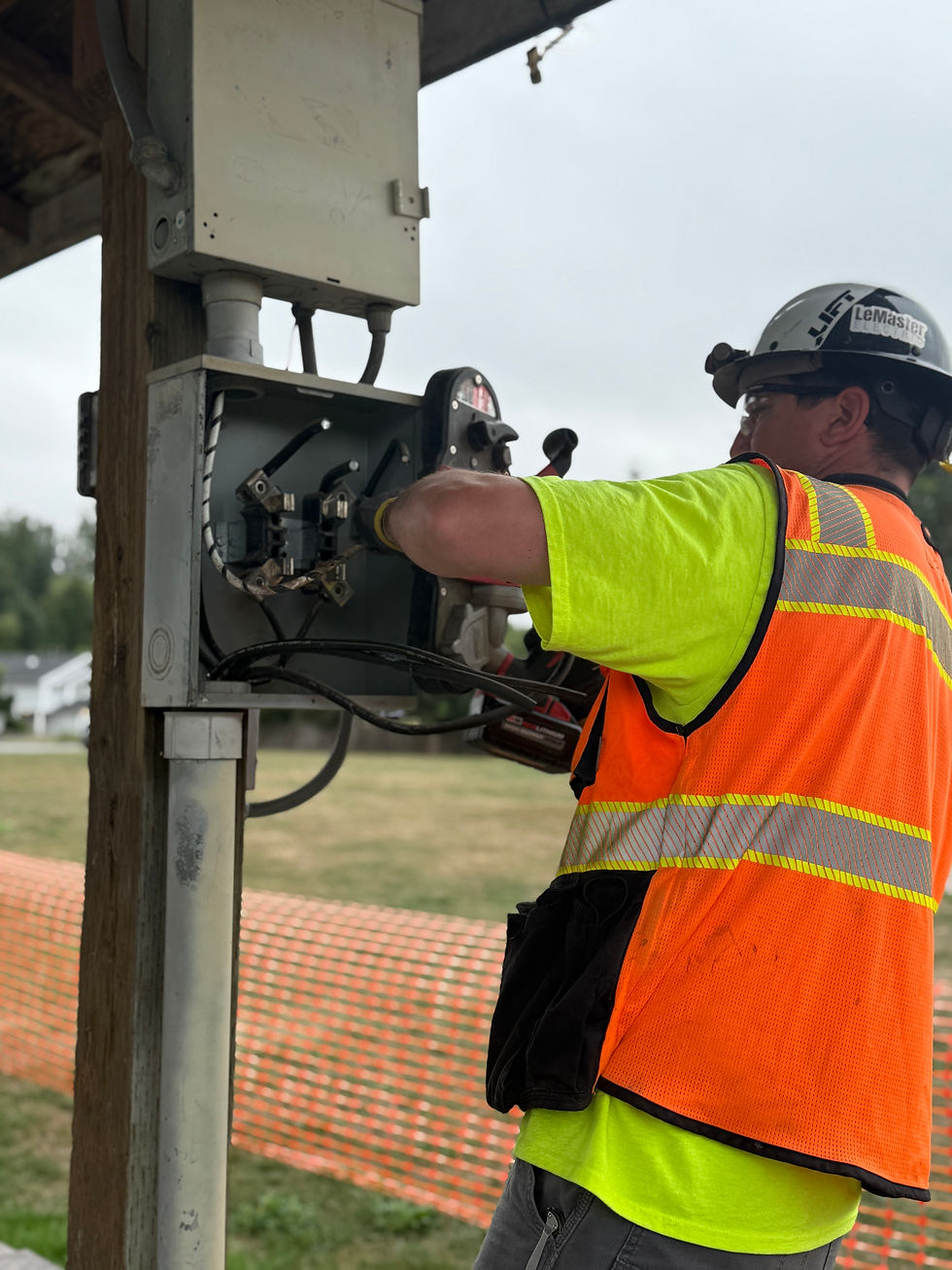Policy & Rule Making
Washington Rulemaking (WAC 296-46B): How New Rules Will Affect Commercial Electrical Projects

Introduction
In Washington State, the National Electrical Code (NEC) sets the baseline for electrical work, but the state adds its own rules through the Washington Administrative Code (WAC). For electricians and contractors, these state-level rules are just as important as the NEC because they control how projects are inspected, permitted, and approved locally.
The current rulemaking process for WAC 296-46B will bring changes that impact commercial projects across the state. Here’s what that means, explained in plain English with real-world examples.
What Is WAC 296-46B?
Think of WAC 296-46B as the local playbook for electrical work in Washington. While the NEC is national, WAC 296-46B tailors those rules to fit Washington’s needs.
It covers things like:
How permits are issued and when they expire.
What inspectors look for on commercial jobs.
Specific rules for new technologies like EV charging stations.
When the state changes this rulebook, contractors must adjust immediately — otherwise jobs get delayed or even shut down.
Key Rulemaking Updates Affecting Commercial Work
1. Permit Timelines and Expiration Rules
The Change: Washington is tightening how long electrical permits remain valid.
Real-Life Scenario:A general contractor is managing a new retail space. The electrical permit was pulled early in the project but the job stalled due to supply chain delays. Under the updated rules, that permit could expire faster, forcing the contractor to:
Pay for a new permit.
Reschedule inspections.
Possibly redo work that no longer matches the approved code.
Why It Matters: For commercial projects with long timelines, tighter permit rules mean contractors must be proactive about scheduling and inspections.
2. Clearer Rules for EV Infrastructure
The Change: With more businesses adding EV charging stations, Washington is revising rules to clarify permitting, accessibility, and inspection requirements.
Real-Life Scenario: A property manager wants to add chargers in an office park parking lot. Under the new WAC rules, they’ll need to:
Pull a specific EV infrastructure permit.
Follow accessibility requirements so chargers meet ADA standards.
Coordinate with the utility company for load calculations.
Why It Matters: In the past, some projects treated EV chargers like oversized outlets. The new rules treat them as critical infrastructure — which means more documentation, planning, and inspections.
3. Inspection Standards and Common Violations
The Change: WAC updates will align inspections more closely with the new 2026 NEC, while also focusing on recurring issues inspectors see in the field.
Real-Life Scenario: On a tenant improvement in a medical office, the contractor places an electrical panel inside a cramped closet. Under the new WAC rules, inspectors will be stricter about:
Ensuring required clearances around equipment.
Verifying grounding and bonding connections.
Checking labeling against the new NEC standards.
Why It Matters: Failed inspections mean lost time and extra cost. With stricter enforcement, contractors can’t afford to “hope for leniency.”
4. Public Works and Prevailing Wage Compliance
The Change: Commercial projects funded by public money (like schools or infrastructure) will have clearer compliance rules tied into electrical permitting.
Real-Life Scenario: A contractor bids on a public library renovation. Under updated WAC rules, they must show proof that:
Certified electricians or registered apprentices are completing the work.
Trainee/apprentice hours are reported correctly.
Prevailing wage requirements are being met.
Why It Matters: Public projects are already paperwork-heavy. Stricter WAC rules mean contractors without solid compliance systems will lose bids or fail audits.
How Contractors and Property Managers Should Prepare
Track Permits Carefully: Don’t let permits expire — build inspection schedules into project timelines.
Treat EV as Major Infrastructure: Plan for ADA, load calculations, and specific permits.
Design for Inspections Upfront: Avoid clearance and labeling mistakes that will automatically fail inspection.
Partner with Compliance-Driven Electricians: Choose contractors who understand both the NEC and Washington’s WAC rules.
Why Work with LeMaster Electric?
At LeMaster Electric, we don’t just install wiring — we manage compliance from design through inspection. Our team tracks every update to WAC 296-46B and the NEC so your projects stay on schedule and pass inspection the first time.
We work closely with general contractors, property managers, and developers to:
Prevent failed inspections.
Keep permits valid and active.
Ensure EV infrastructure is designed and installed to meet state requirements.
Conclusion
The upcoming changes to WAC 296-46B will affect everything from permit deadlines to EV charging stations to public works compliance. These updates are designed to improve safety and accountability, but they also mean more responsibility for contractors and property managers.
By planning ahead — and partnering with an electrical contractor who prioritizes compliance and safety — you can protect your project timelines and budgets while keeping your facility safe for years to come.
Recent posts
Aging Electrical Infrastructure: Risks Emerging in Mid-Life Commercial Buildings
Many commercial buildings constructed between the 1980s and early 2000s are now entering a mid-life phase for their electrical infrastructure. While these systems may still be operational, the conditions under which they were designed often no longer reflect current usage.
Emerging Challenges in Temporary Power Safety on Construction Sites
Temporary power systems on construction sites are carrying more responsibility than ever before. What was once limited to basic lighting and hand tools now routinely supports heaters, lifts, temporary HVAC, testing equipment, and high-demand specialty trades.

%20(1).webp)


